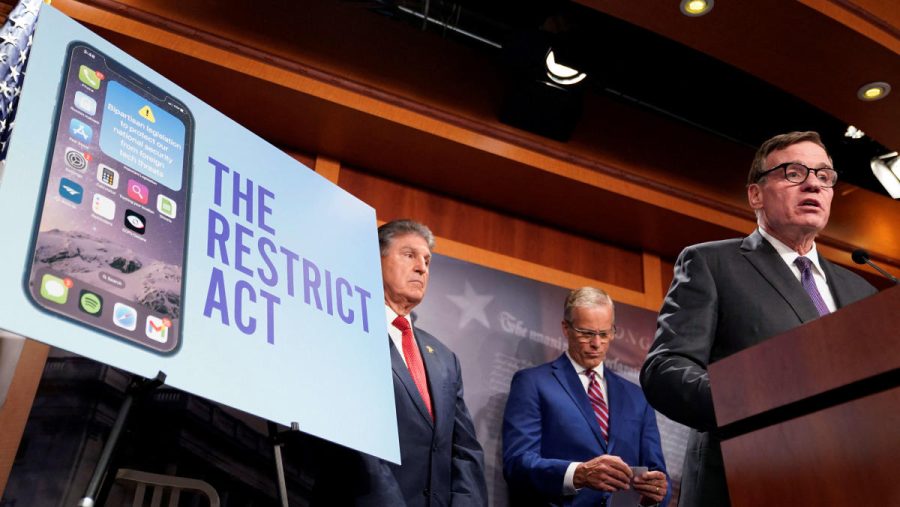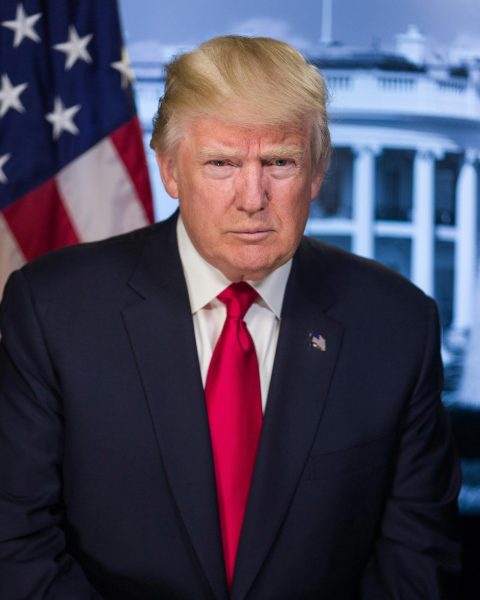RESTRICT ACT: The Bill Aimed At Banning TikTok and More
Concerns over foreign technology have been a concern in the new digital age, from Huawei 5G technology and phones to TikTok.
TikTok has been in the news for a long time regarding its security risk being owned by China. Because of this, there have been attempts at banning TikTok on all devices.
One major step towards banning TikTok in America was Trump’s executive order to ban it on all phones which was blocked by the courts before it could achieve its goal. Currently, the app itself is banned on all government devices and it is recommended that all government workers keep it off their children’s and spouse’s devices.
Montana passed a bill on April 15th which banned TikTok on all devices which is expected to go into effect at the start of next year, with the big question being how such a ban could be enforced. Now the Senate is attempting to pass S.686 AKA the RESTRICT Act.
This bill has generated much controversy with people on different sides pointing out their opinions.
Republican Senator Rand Paul is one of many who are opposed to the plan. “I hope saner minds will reflect on which is more dangerous,” Senator Paul says, “videos of teenagers dancing, or the precedent of the US government banning speech.”
Democrat Senator Mark Warner and Republican Senator John Thune are both pushing the bill on their respective websites. “The RESTRICT Act would: Educate the public and business community about the threat by requiring the secretary to coordinate with the director of national intelligence to provide declassified information on how transactions denied or otherwise mitigated posed undue or unacceptable risk,” is read on Senator Thune’s website.
While most Democrats seem to agree with the bill, Republicans are seen to be sort of split on the bill as some cite the dangers of foreign countries like China being able to gather information on Americans. Other Republicans though cite the issue of giving the US government the power to be able to take down things on the internet to be against the First Amendment.
The Contents of the Bill
The RESTRICT Act is a bill that is aimed at banning TikTok at the current moment and will allow the Department of Commerce to be able to target future online technology from foreign adversaries that are determined to be a threat to the United States. The bill names these foreign adversaries as China, which includes Hong Kong and Macau, Cuba, Iran, North Korea, Russia, and Venezuela.
The bill is very vague and has created fear in everyday users. The bill outlines how anyone under this bill can’t go against the bills and under civil penalties states that “a person who willfully commits, willfully attempts to commit, or willfully conspires to commit, or aids or abets in the commission of an unlawful act described in subsection (a) shall, upon conviction, be fined not more than $1,000,000, or if a natural person, may be imprisoned for not more than 20 years, or both.”
This wording has made many people theorize that VPNs could be criminalized against people trying to use them to access sites like TikTok and future apps the bill could be used to target. However, the bill doesn’t specifically call out VPNs anywhere as noted by many people. “This legislation is aimed squarely at companies like Kaspersky,” said Senator Warner, “Huawei, and TikTok that create systemic risks to the United States’s national security – not at individual users”.
Your donation will support the student journalists of Parkdale High School. Your contribution will allow us to cover our annual website hosting costs and publish some printed editions, as well.

Christian Galvez is a Sophomore in the 2025 class, and this is his first year on staff. He tries to get readers to understand computers better but does...







